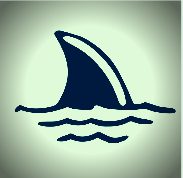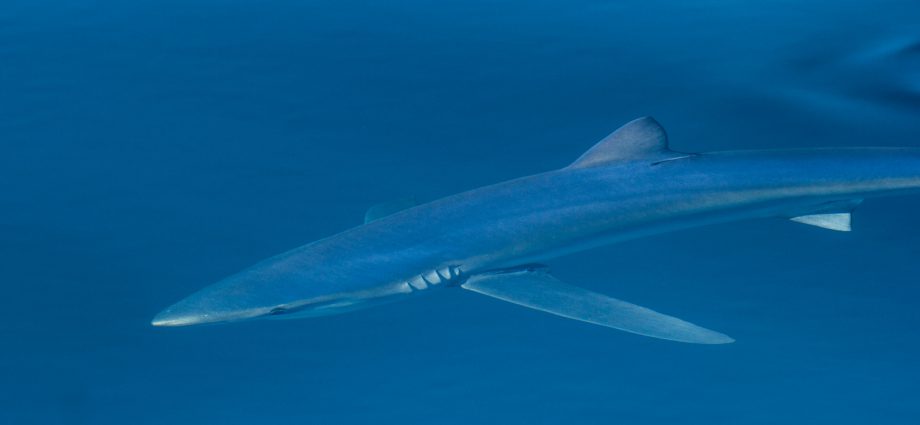With partners from Croatia, France and Italy, a new project started recently to protect Mediterranean sharks and rays, by far the most endangered group of marine fish in Europe. In the LIFE European Sharks project fishers, fisheries officers, SCUBA divers, aquariums, and restaurant chefs wrk together to safeguard these species.
Lead partner in the project is Stazione Zoologica Anton Dohrn in Naples, Italy. Over the next four years the project will involve European citizens in a common effort to safeguard Mediterranean sharks and rays, by far the most endangered group of marine fish in Europe, threatened by unsustainable levels of bycatch, pollution and alteration of their habitat. Extensive training and awareness-raising activities for marine professionals and European citizens will effectively unite the entire central-western Mediterranean in the conservation of these highly migratoryspecies, and then expand to the southern shore of the basin involving North African countries.
Sustainable fisheries
Fishermen and fishery officers ability to correctly identify shark and ray species will be increased through specific training, to increase safeguarding of protected species. During the project, fishermen will also test more sustainable practices, such as releasing juvenile sharks and rays. LIFE EU Sharks will also involve water sports enthusiasts, encouraging recreational fishermen to release all accidentally caught specimens and providing handling tips to increase the survival of released sharks. Divers and dive centres will also be involved, promoting more sustainable dive tourism and, by collecting lost nets and fishing gear, further reducing the risk of bycatch. Divers also be involved sharing information on where they see sharks and rays so that these areas can be identified and protected.
“We will start a movement of people that do something concretely about sharks and rays”, explains renowned marine journalist and author, Eleonora de Sabata on Euronews. “For instance, we will ask professional fishermen to release the baby shark of commercial species so they can grow and reproduce. We will ask recreational fishers to release all sharks and rays — with good handling practices so that when they are released, they can actually survive.”
Chefs in action
Awareness activities are also planned in several European aquariums, to make all citizens understand that, rather than being dangerous, sharks are in fact themselves endangered, and that their presence is necessary for the good health of the marine ecosystem. Starred chefs will encourage the consumption of local and sustainable fish as opposed to imported and frozen shark cuts. De Sabata: “We will ask them in places where it is traditional to have, for example, soups that have sharks — we will ask them to update their recipes and tell all the customers about them. In general, we will try to make people understand that sharks are in danger and not dangerous. And the most important action will also be to try to increase the enforcement of laws that we have to protect some species.”
Based on sea users’ local information, a citizen science project will identify important shark and ray areas, aggregating sites for reproduction, feeding or migration. Finally, a White Paper will compile all the experience gathered during LIFE EU Sharks, which will then be shared with local, national and international communities and authorities to stimulate and adopt conservation measures for these charismatic species.
LIFE European Sharks is a project co-financed by the European Union through the LIFE programme. It is coordinated by the Stazione Zoologica Anton Dohrn with partners in Croatia (University of Split), France (Parcu naturale marinu di u Capicorsu è di l’Agriate) and Italy (Acquario di Livorno, Centro di Competenza Distrettuale, D.R.E.AM, Italian Coast Guard, MedSharks, Shoreline and University of Florence). More information: www.europeansharks.eu.

